
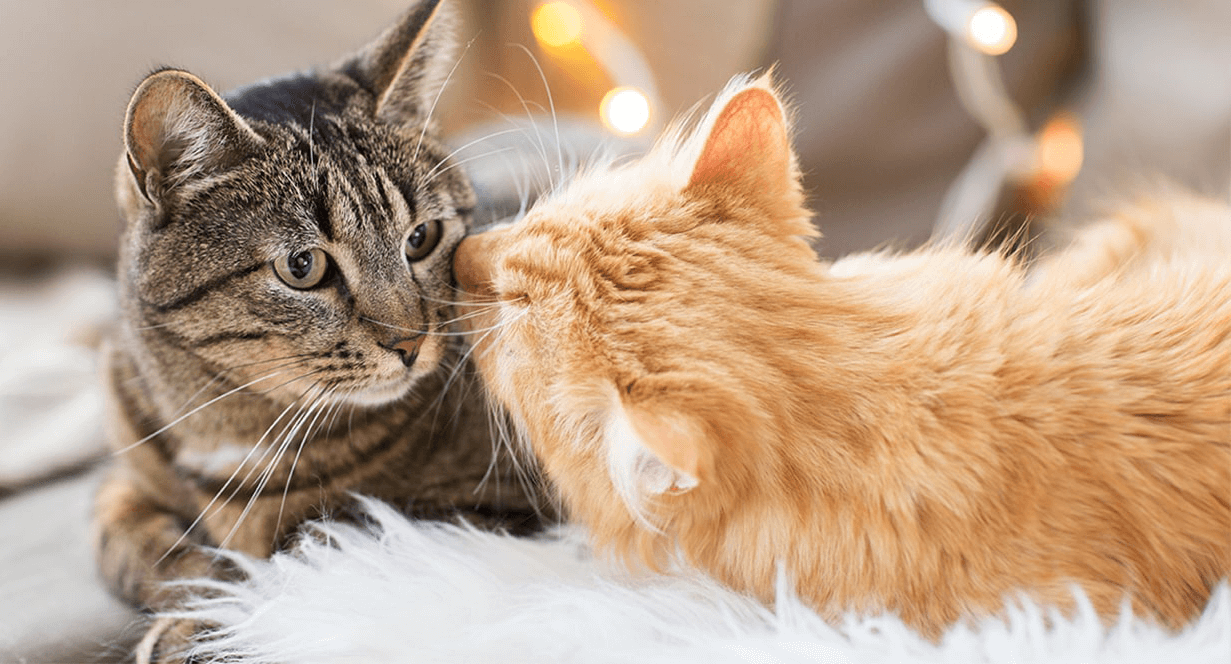
As a cat owner, you know a few things for certain: that cats are wonderful and amazing creatures, that nothing beats a purring cat on a warm lap, and that one day, sadly, your cat will leave you for good. Realizing that your cat is nearing the end of their life is never easy, but hopefully these tips and insights will help you navigate through this emotional, often painful process.
Letting your cat go is the most difficult decision a pet owner has to make. Like people, cats’ bodies eventually begin to decline due to age. To help you make the most informed decision for your cat, here are some signs it may be time to say farewell:
As you weigh your options, make sure to reach out to your vet, as well as friends or family who have lost a pet:
While you won’t be able to prevent their eventual departure, you can still ensure your cat’s final days are comfortable and full of love.
Take extra time to remind your cat of how much they mean to you. Give them extra ear skritches and cuddles, and say anything you want to tell them.
Older cats tend to be thin, making it harder for them to stay warm. Make sure they’re able to catnap in toasty areas: near heating vents, in a sunny spot or a cozy cat bed, or — their favorite — your lap.
Your senior cat isn’t as athletic as they once were, so give them an assist with steps or ramps so they can still hang out in their favorite elevated places. Also make sure they can easily get to the litter box. Getting a lower-sided box or putting one on every floor of your home helps reduce the risk of accidents.
Cats of a certain age have more difficulty grooming themselves. You can help by gently brushing them more often and clipping their nails. This not only keeps them looking as beautiful as ever, but is also a great way to spend some quality time together.
Cats are creatures of habit, so now is not the time to make any drastic changes in their routine or introduce a new pet to the household. They love the life you’ve created for them and will be more relaxed if their established routines continue uninterrupted.
Allowing family members — including other pets — a chance to say farewell will go a long way toward easing their grief. Be very clear about your decision so everyone knows you have your cat’s best interests at heart.
It’s OK to feel sad when a beloved cat moves on to the big catnip field in the sky. Pets are members of the family, after all! Don’t be afraid or ashamed to grieve your loss. To help ease those feelings, try some of these suggestions.
Your pet may have passed, but all of those wonderful memories are yours forever. That cute thing they did with their head, their funny meow, how they always insisted on sitting on your computer … don’t be afraid to reminisce and enjoy those memories.
Some people find holding a memorial provides a sense of closure and pays tribute to everything their pet meant to them. Cremation is common with pets, so you can put their remains somewhere on your property where they’ll be close. Feel free to make a speech or raise a toast — whatever you want to honor their memory.
There are a number of ways you can keep your cat’s presence around your place to help evoke happy memories. Many vet offices offer to make an impression of your cat’s pawprint in clay as a keepsake. Maybe you’d like to hang some pictures or keep their collar or favorite toy on a bedside table. Even more important is the fact that all those memories will live on forever in your heart.
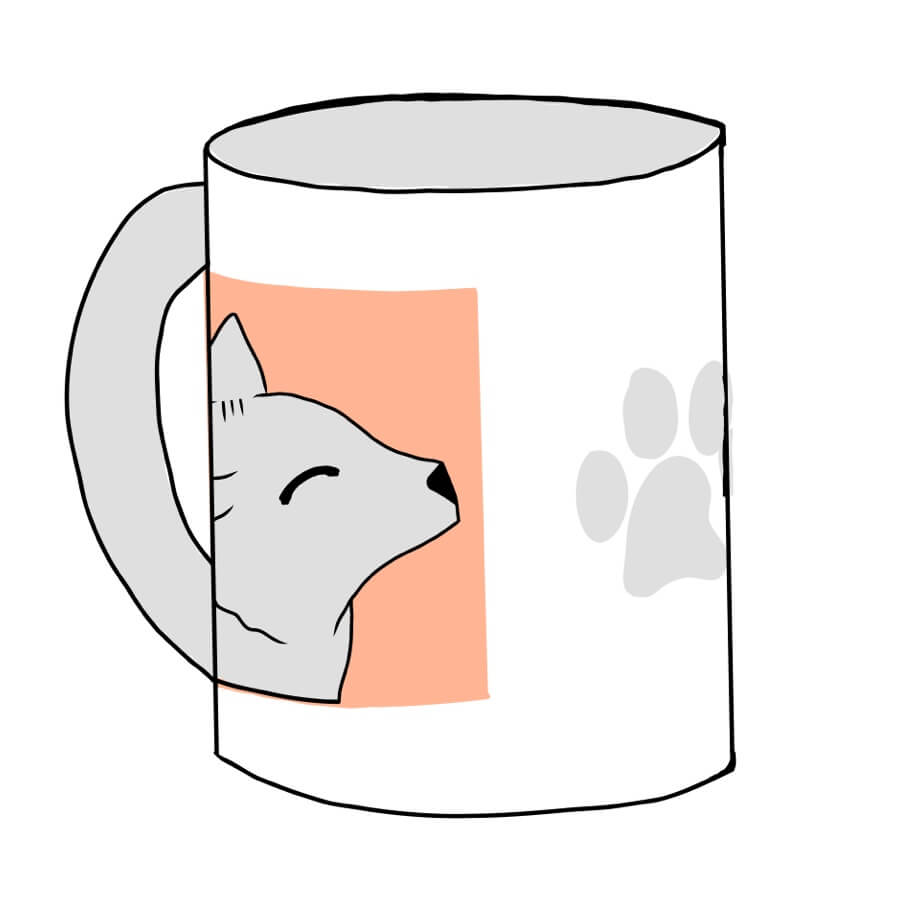
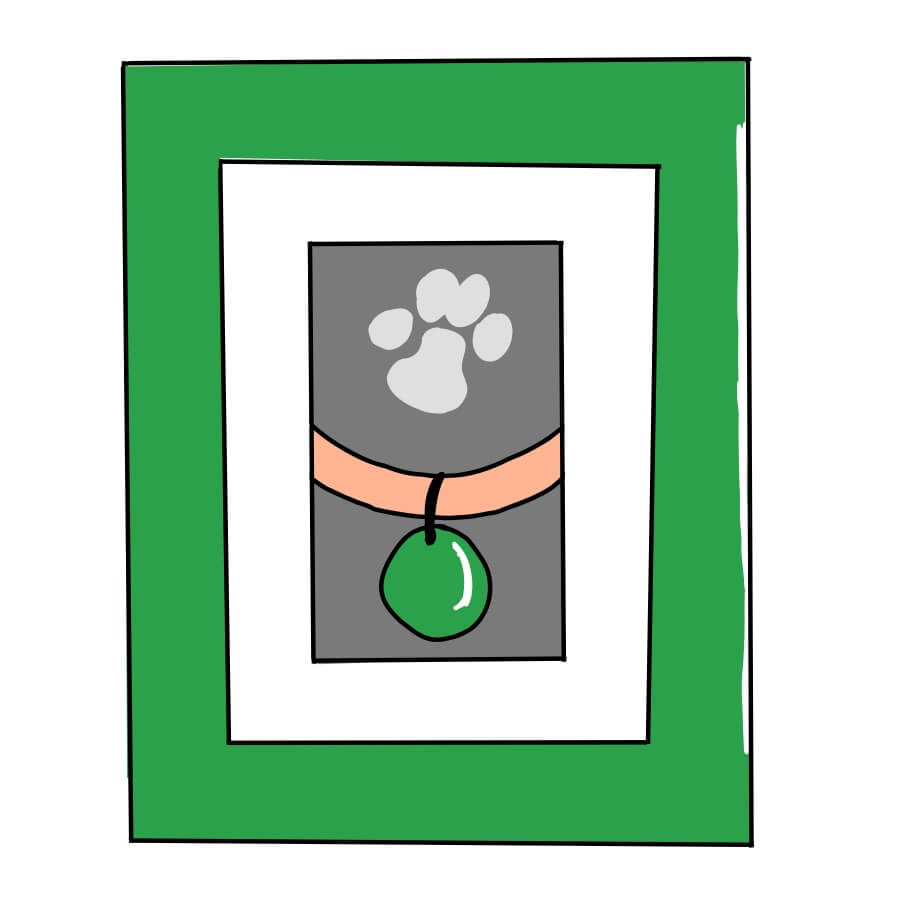
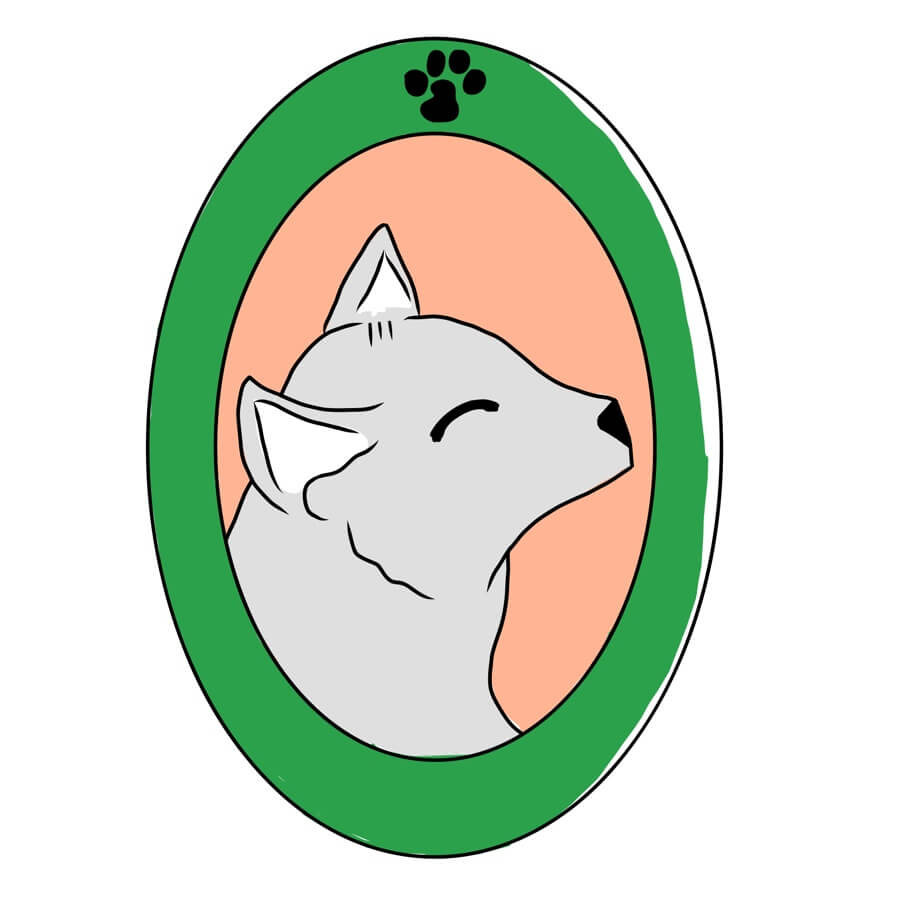
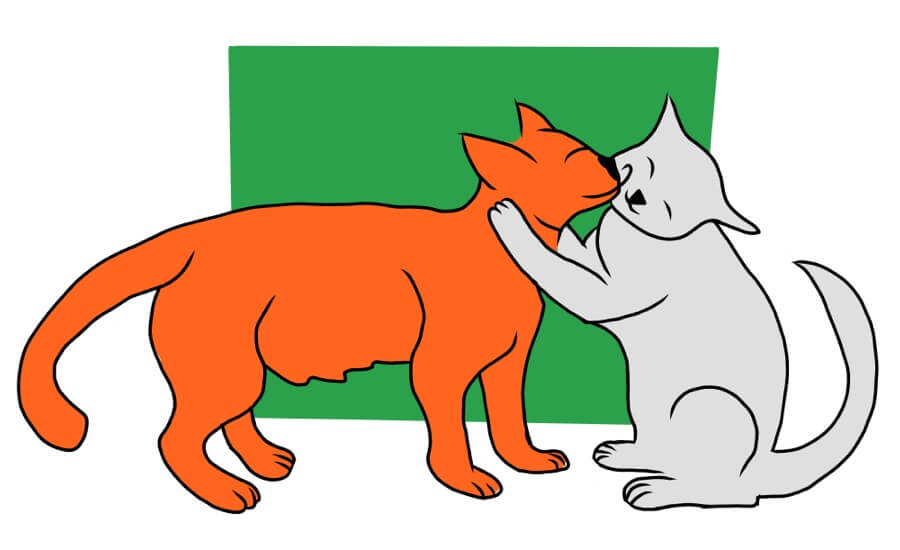
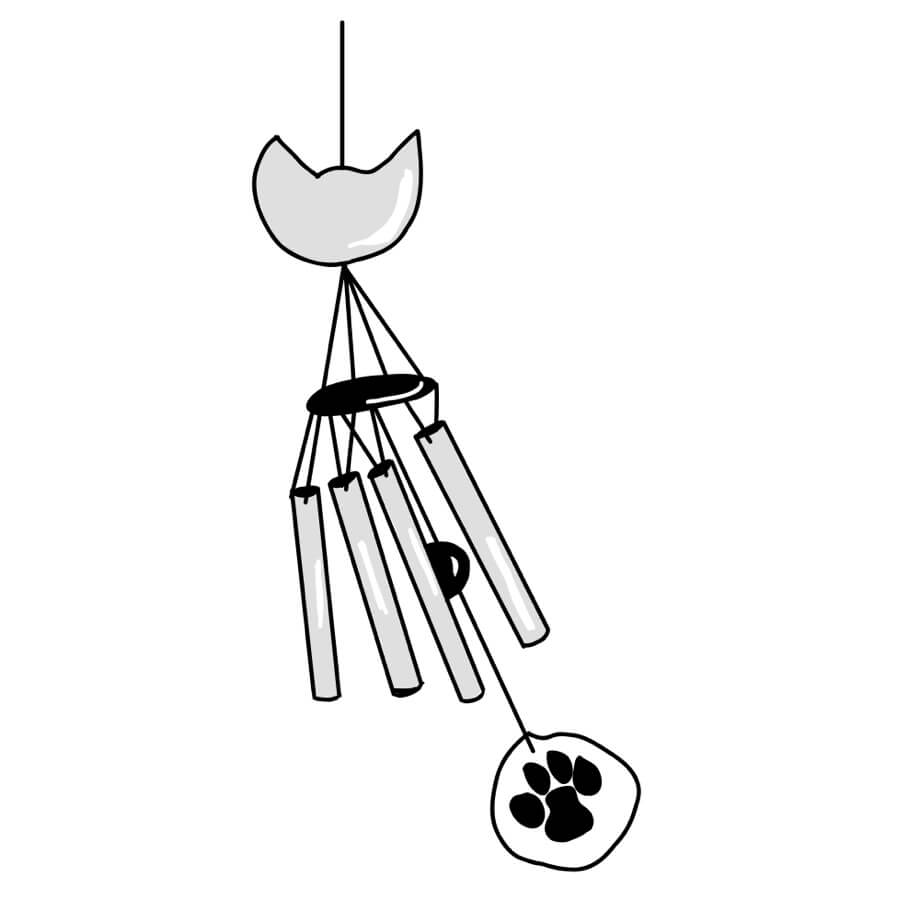

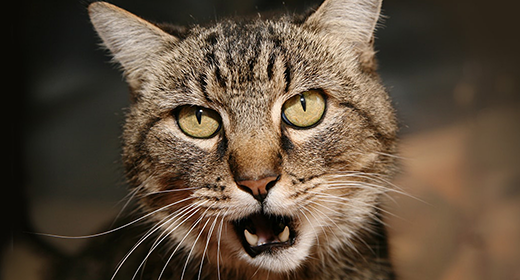
What is it about owning a cat that just makes life better? After all, cat ownership isn’t all snuggles and purrs — it can be a big responsibility. They eat every day. (Who would’ve guessed?) They need routine health care, just like their owner. Some cats are serious fur factories, and some will hack up hairballs the size of a kitten. Despite all of the duties and challenges, owning a cat improves our lives. Let’s dive into how cats help humans.
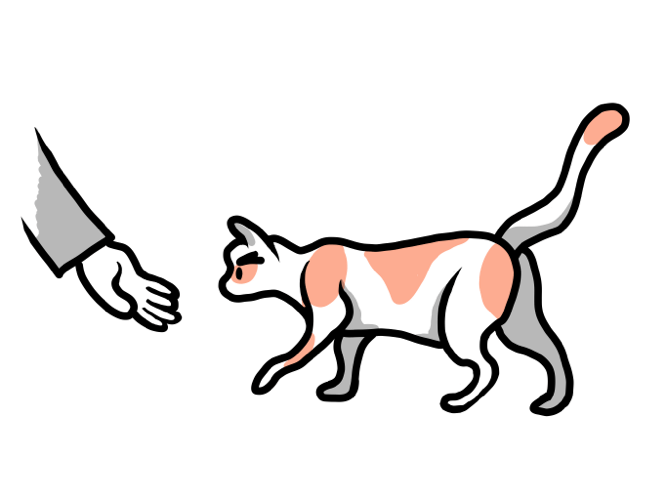
You’ve probably heard that cats are aloof, but that’s not always the case. They can be affectionate, playful and highly attached to their owners, much like a dog. It’s just that cats are at a disadvantage versus dogs because they don’t have the facial physiology that lets their canine counterparts “smile” all the time.
So, don’t be fooled — cats are not only happy; they’re also immensely talented at bringing joy to their humans. In the market for crazy antics one minute, soft cuddles the next? Cats are a low-risk, high-yield investment in complex personalities.
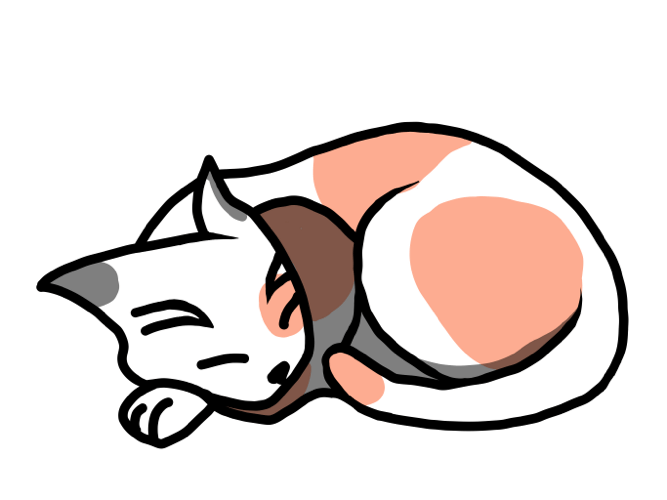
With any cat adoption, you are literally saving that animal’s life. Plus, you’re supporting the organization you adopt from, which in turn allows them to help more animals in need, so you’re basically a hero. And all these good feelings happen before you even bring your new kitty home!
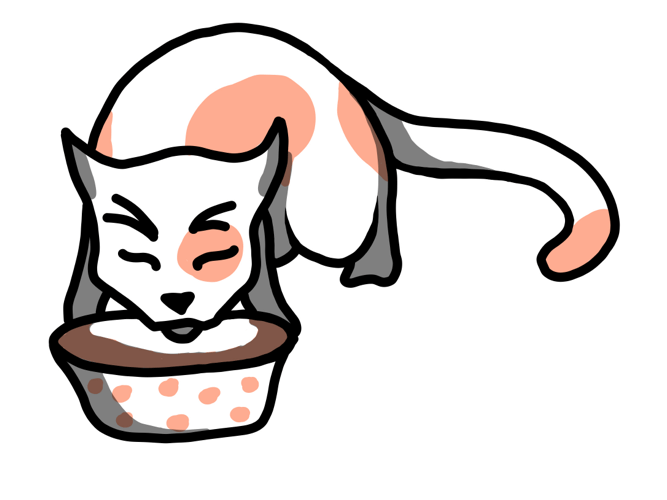
Who couldn’t use another friend? Especially one that’s a furry, adorable biscuit factory. Research shows that having a cat can reduce stress and increase confidence, and it’s hard to beat quality time with a cat for anxiety relief. Journalist Jane Pauley once said, “You cannot look at a sleeping cat and feel tense.”
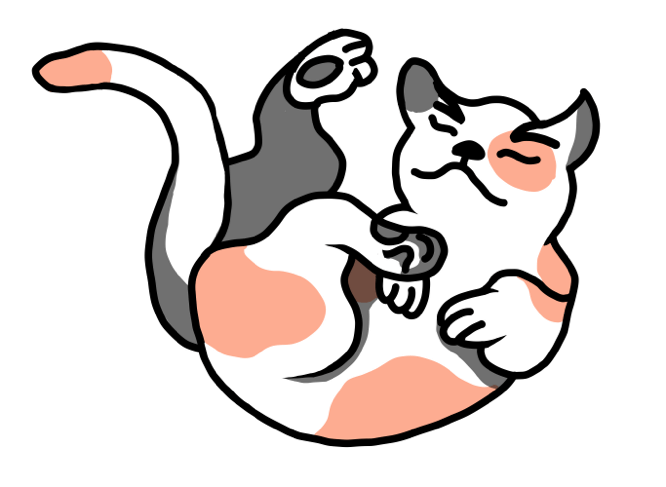
Adopting a cat can be a great move for children, too. There’s no better way to nurture values such as responsibility and empathy than with a frolicky, purr-motored pal. A survey of parents found that children who had bonded with a feline friend enjoyed a higher quality of life. (They wanted to survey the cats too, but there was a sunny spot on the carpet that needed to be napped in, so …)
Cats are amazing. They entertain us by defying gravity and contorting themselves into spine-twisting postures. An inquisitive meow or a nudge with their head can totally banish a bad mood. They are the perfect companion to all. If you’re thinking about adding a cute, fluffy, serotonin-boosting kitty cat, this is your sign: Do it!